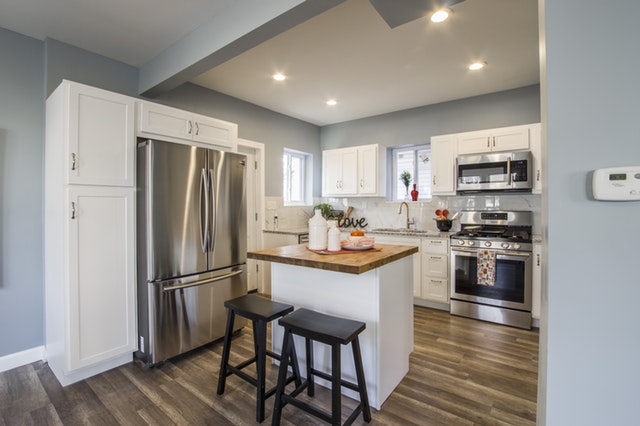What Happens After Your Offer Is Accepted?
 When you make an offer on a home, you wait anxiously to see if it will be accepted. Sometimes you’re lucky enough to hear back within hours. Other times you could wait days or even weeks.
When you make an offer on a home, you wait anxiously to see if it will be accepted. Sometimes you’re lucky enough to hear back within hours. Other times you could wait days or even weeks.
But once you get that good news that your offer has been accepted, what happens next? It’s a common question, and one that your real estate agent can help you with. In general though, here’s what you can expect.
There’s A Home Inspection
A home inspection needs to be conducted in order to assess the condition of the home for financing needs. This is a stage where some issues might come up that require negotiation. If serious problems are reported on the home inspection report, you could try to negotiate a lower price with the seller, but they don’t have to agree to that.
There’s A Lender Home Appraisal
A lender appraisal will also have to be done. This is when the lender asks a third party to come out and assess the financial value of the home. If the appraisal comes out well, you could get approved for the selling price. But if the appraisal comes out lower than the selling price, you could have a hard time getting a mortgage unless the seller is willing to come down in price.
You’ll Go To The Closing
Now’s the time to get your financing finished up. If you’ve been pre-approved, that’s great. But your pre-approval may only be conditional. That is, it may be contingent on your financial situation to be completely in order. The full approval process may unveil something that needs to be corrected before you actually get final documents for the home purchase.
Once the documents are issued, you will go to the loan closing to sign the documents. This usually happens with a third party closing agent or escrow company that ensure everything is in order.
The final word is that a lot can happen between having your offer accepted and actually getting the keys to your new home. That’s why it’s absolutely essential to work with a trusted home mortgage professional and a licensed real estate agent when buying a new home. They’ll be able to navigate you through any of the rough spots that happen along the way. And while there are things that can go wrong, chances are great that eventually you’ll be able to happily call yourself a homeowner!

 Your real estate agent can be the difference between a successful home buy and a bad purchase. Take a look at the characteristics of a good real estate agent and how you should vet your next partner in real estate.
Your real estate agent can be the difference between a successful home buy and a bad purchase. Take a look at the characteristics of a good real estate agent and how you should vet your next partner in real estate. There’s a lot to be said for buying a move-in ready home. All you have to do is put your things away and start living your life. On the other hand, buying a fixer upper has its advantages, too. You can get a great bargain on a fixer upper home. So which one should you choose?
There’s a lot to be said for buying a move-in ready home. All you have to do is put your things away and start living your life. On the other hand, buying a fixer upper has its advantages, too. You can get a great bargain on a fixer upper home. So which one should you choose?